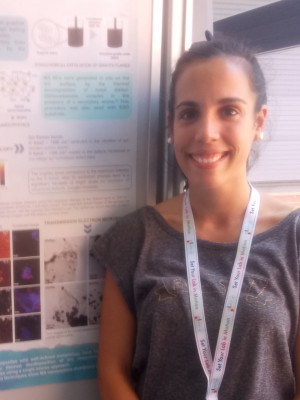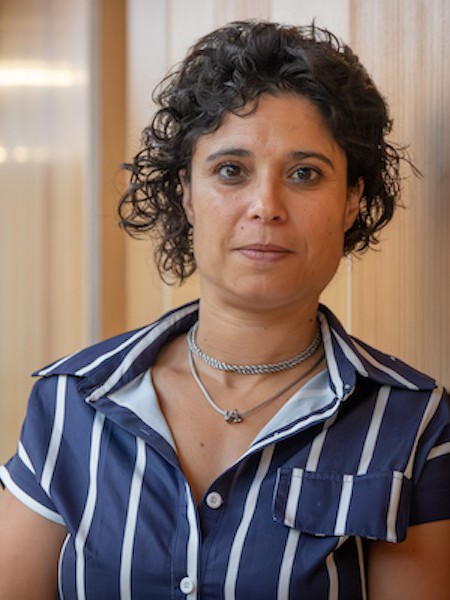abstract
Bismuth vanadate (BiVO4) has gained attention for several applications, including photocatalysis applied to water purification technologies. This applies to the most stable BiVO4 polymorph (monoclinic scheelite), exhibiting photocatalytic activity under visible-light irradiation. However, this semiconductor presents some limitations, namely the cost and low adsorption capacity for organic pollutants. Finding green chemical strategies aiming at a more sustainable use of this semiconductor is the subject of the present research. By the hydrothermal carbonization of kappa-carrageenan, a biopolymer extracted from red seaweeds, we describe the preparation of monoclinic BiVO4 supported on carbon spheres. These hybrid materials show visible-light photocatalytic activity to remove tetracycline (TC) in water through a hydroxyl radical mechanism. The hybrid photocatalysts feature adequate wavelength range for photon harvesting, good adsorption capacity, durability, and the ability to reuse in subsequent catalytic steps, thus making them less costly and more sustainable.
keywords
HYDROTHERMAL CARBONIZATION; TETRAGONAL BIVO4; PERFORMANCE; DEGRADATION; WATER; M-BIVO4; H-2; NANOPARTICLES; CONSTRUCTION; MICROSPHERES
subject category
Chemistry
authors
Lopes, JL; Estrada, AC; Fateixa, S; Sobolev, NA; Daniel-da-Silva, AL; Trindade, T
our authors
acknowledgements
This work was funded by FCT - Fundacao para a Ciencia e a Tecnologia, I.P., through projects UTAP-ICDT/CTMNAN/0025/2014, UID/CTM/50011/2019 and European Regional Development Fund through projects POCI-01-0145-FEDER-007679. European Cooperation in Science & Technology Short Term Scientific Mission (reference: E-COST STSM-Request-CA17120-43207) .






